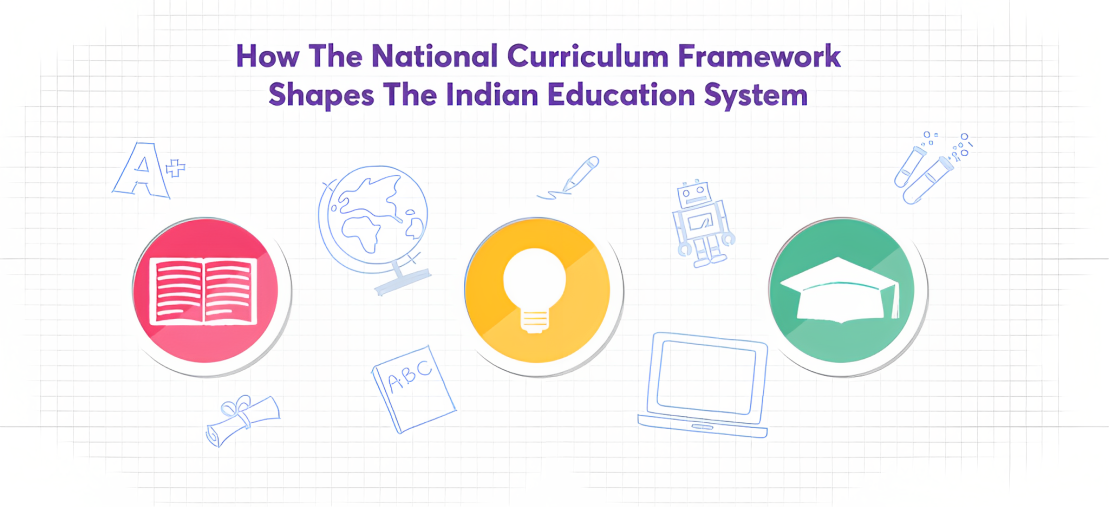National Curriculum Framework (NCF): Shaping Education for a Bright Future
Introduction:
Education is the cornerstone of a progressive society, and the National Curriculum Framework (NCF) plays a pivotal role in shaping the educational landscape of a nation. Developed by the Ministry of Education, the NCF provides a comprehensive framework that guides the curriculum design, pedagogy, and assessment practices in schools across the country. This educational and informational article aims to explore the significance of the NCF, its key features, and its impact on fostering holistic development and lifelong learning.
Understanding the National Curriculum Framework:
The National Curriculum Framework is a dynamic document that sets the direction for educational reforms in a country. It serves as a guiding framework for designing curricula at different levels, ensuring a balanced and inclusive approach to education. The NCF emphasizes the importance of providing a broad-based education that nurtures critical thinking, creativity, social awareness, and values.
Key Features of the National Curriculum Framework:
- Holistic Development: The NCF recognizes the importance of holistic development, focusing not only on academic excellence but also on the social, emotional, and physical well-being of learners. It emphasizes the integration of co-curricular activities, arts, sports, and life skills into the curriculum, fostering a well-rounded educational experience.
- Inclusive Education: One of the core principles of the NCF is inclusive education, which aims to ensure equal opportunities and access to quality education for all learners, regardless of their socio-economic background, gender, or ability. It encourages the adoption of inclusive teaching practices, adaptive learning materials, and a learner-centric approach to address diverse needs and promote inclusive classrooms.
- Learner-Centric Approach: The NCF promotes a learner-centric approach that shifts the focus from rote memorization to active engagement and participatory learning. It encourages teachers to create conducive learning environments that encourage curiosity, critical thinking, and problem-solving skills. The framework also recognizes the importance of continuous assessment and feedback to monitor the progress of learners effectively.
- Integration of Knowledge: The NCF emphasizes the integration of knowledge across subject areas, promoting interdisciplinary learning. It encourages educators to facilitate connections between different disciplines, fostering a deeper understanding of concepts and their real-world applications. This approach encourages students to think beyond isolated subjects and develop a holistic perspective.
Impact and Future Direction:
The National Curriculum Framework has had a significant impact on the Indian education system. It has led to a shift from a content-centric approach to a competency-based approach, focusing on skill development, creativity, and critical thinking. The framework has also influenced the development of textbooks, teaching-learning materials, and teacher training programs, ensuring alignment with the principles of the NCF.
Moving forward, the NCF continues to evolve in response to emerging educational trends and needs. It embraces technological advancements, promotes digital literacy, and emphasizes the integration of 21st-century skills such as communication, collaboration, and digital citizenship. The framework also emphasizes the need for continuous professional development of teachers to adapt to changing pedagogical practices and cater to the diverse needs of learners.
Conclusion:
The National Curriculum Framework is a cornerstone of educational development in India. It provides a comprehensive roadmap for curriculum design, pedagogy, and assessment practices, ensuring a holistic and inclusive approach to education. By promoting learner-centricity, interdisciplinary learning, and inclusive practices, the NCF equips learners with the skills and competencies needed for a rapidly changing world. As the NCF evolves and adapts to new challenges, it continues to shape education in India, fostering a generation of learners who are prepared to thrive and contribute meaningfully to society.

